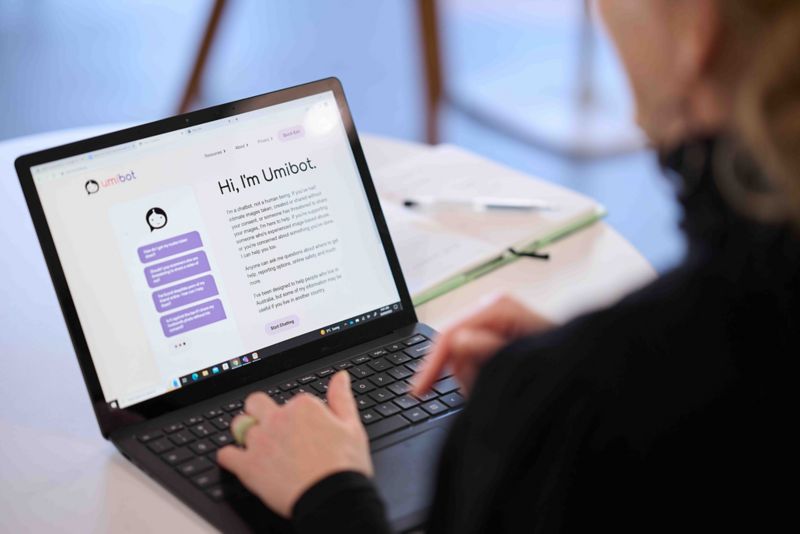It’s a shapeshifting, increasingly prevalent crime that spans international borders, is hard to police and has often been dismissed as trivial or, worse, blamed on its victims.
A new international research project will look at the complex global phenomenon of image-based abuse – the non-consensual taking, creating or sharing of intimate images, including threats to share intimate images.
Led by Professor Nicola Henry, Australian Research Council Future Fellow in RMIT’s Social and Global Studies Centre, and funded by a generous donation from Google, the research will focus on victim experiences, perpetration of image-based abuse and attitudes to the issue. In depth surveys across Australia, the United States, Mexico, Spain, the Netherlands, South Korea and several other countries will provide the insights to this escalating problem.
While her research has always concentrated on sexual violence, Professor Henry turned her focus to image-based abuse about ten years ago. She and her team found there was limited understanding of what constituted abuse and less than 50 per cent of people recognised it was a crime, despite the devastating effects it can have on victim-survivors. Her work has helped define the extent and effects of the crime and has informed changes in policy, prevention and policing.
“At first it was called ‘revenge porn’ and victims were often blamed for producing the images in the first place. There has been a shift from victim blaming, although of course it’s still a problem. Now all states and territories in Australia, except Tasmania, have offences relating to image-based abuse,” Professor Henry said.
The survey will build on Professor Henry’s previous Australian research, identifying attitudinal shifts and changes in the nature and prevalence of image-based abuse. Significant recent events have included high- profile celebrity cases of abuse, the #MeToo movement prompting a shift in ideas around consent, our increasing reliance on technology during the Covid-19 pandemic and the rise of AI and deepfake technology.
A member of the eSafety Commissioner’s eSafety Advisory Group, Professor Henry said piecemeal regulation in different countries had proved inadequate when dealing with global technology networks. Working with research partners Dr Rebecca Umbach, Senior User Experience Researcher at Google, and Assistant Professor Colleen Berryessa from Rutgers School of Criminal Justice, enabled the international scope of the survey.
“We are so grateful to Google for supporting this project. Image-based abuse is an international issue and we cannot address this problem unless we work together,” Professor Henry said.
She hopes the survey findings will contribute to changes in law, policies and practices around the world.
Getting statistics is very powerful in terms of making change. The more research we perform, the more work we can do around education and prevention.
With the use of online surveys, this research will collect data on people’s attitudes towards image-based abuse, victim impacts and experiences, as well as perpetrators and their motivations – information which is often difficult to capture, but is critical to understanding the problem.




